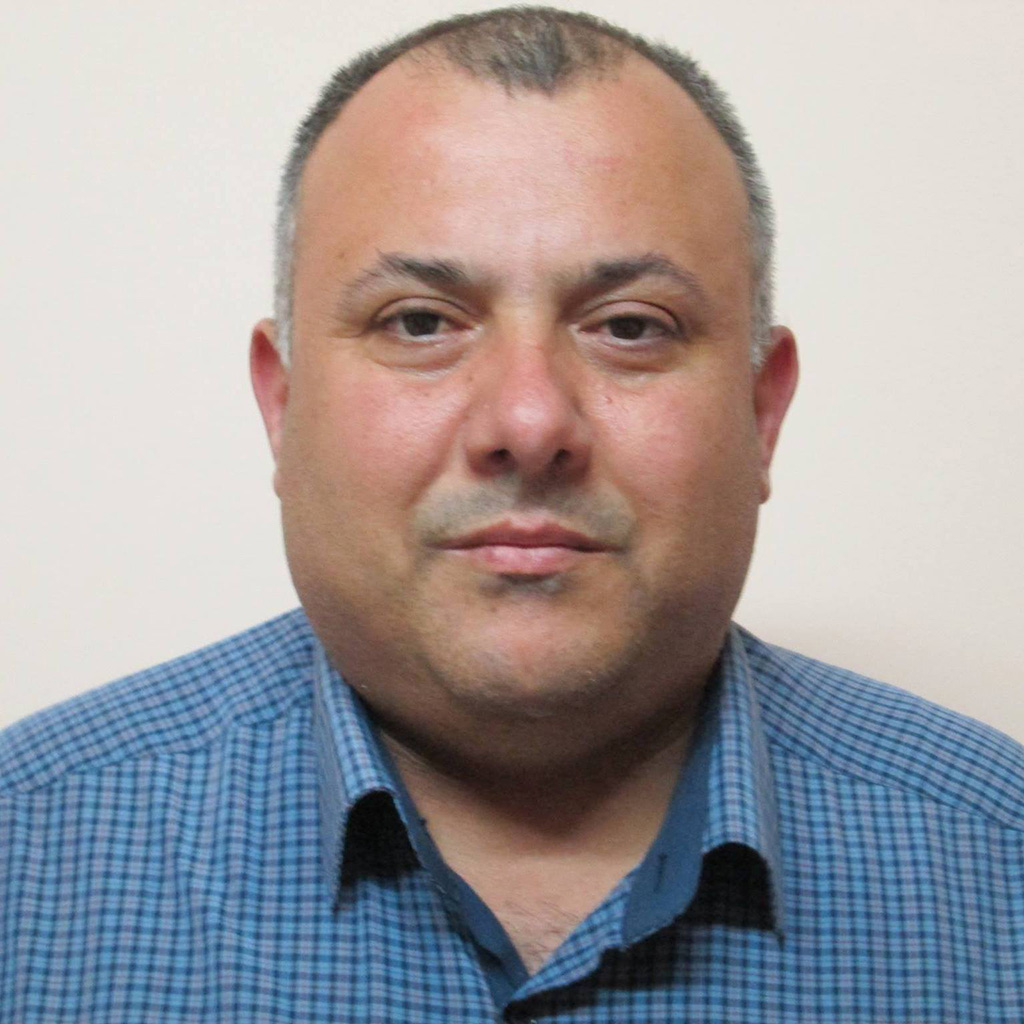That's a lot of information! Look, most important is to prepare the environment here. Peace education is about creating a safe space for the children, and it's not only for the students but everyone involved: parents, teachers, students, family, all people who are involved. So we start with the teachers here. All our teachers are loyal to the school philosophy because you can't face peace in conflict. They are, in other words, peace activists. They really support the school's philosophy. We provide training for our teachers also, on the empowerment theme, compassionate listening and special training on how to deal with the students during times of fear and distress. We involve our teachers in joint projects with international schools. We have many partnerships in Europe, in the US, and in Israel itself. For example, in August 2004, this August, we are planning to start a program with the Israeli Institute for Democratic Education
to create a network of democratic educators for peace. This is the title of the project where we bring 15 Palestinian and Israeli educators to England for 2 weeks for training on how to establish schools for democracy and how to run democratic schools, but also to encourage peace and understanding peace in the students in their classes. So this is one form on the teachers' level. The second level is the parents, because we try to prepare the whole environment in the home as well as in the school, and here I have to mention we don't prepare the whole environment because the society outside is different. But we're trying to make that connection between school and family. So we provide the parents with training, and we have, for two years now, psychological support for the children and for the families. We believe here that every act of violence is the result of an unhealed wound. And in order to prevent violence we have to get deeper to the wounds. And this is also a psychological process.
